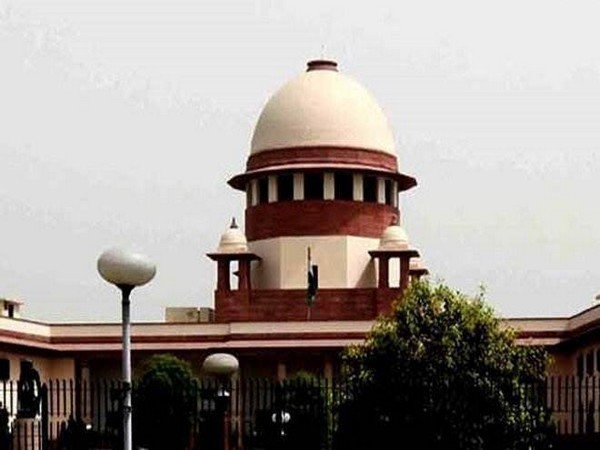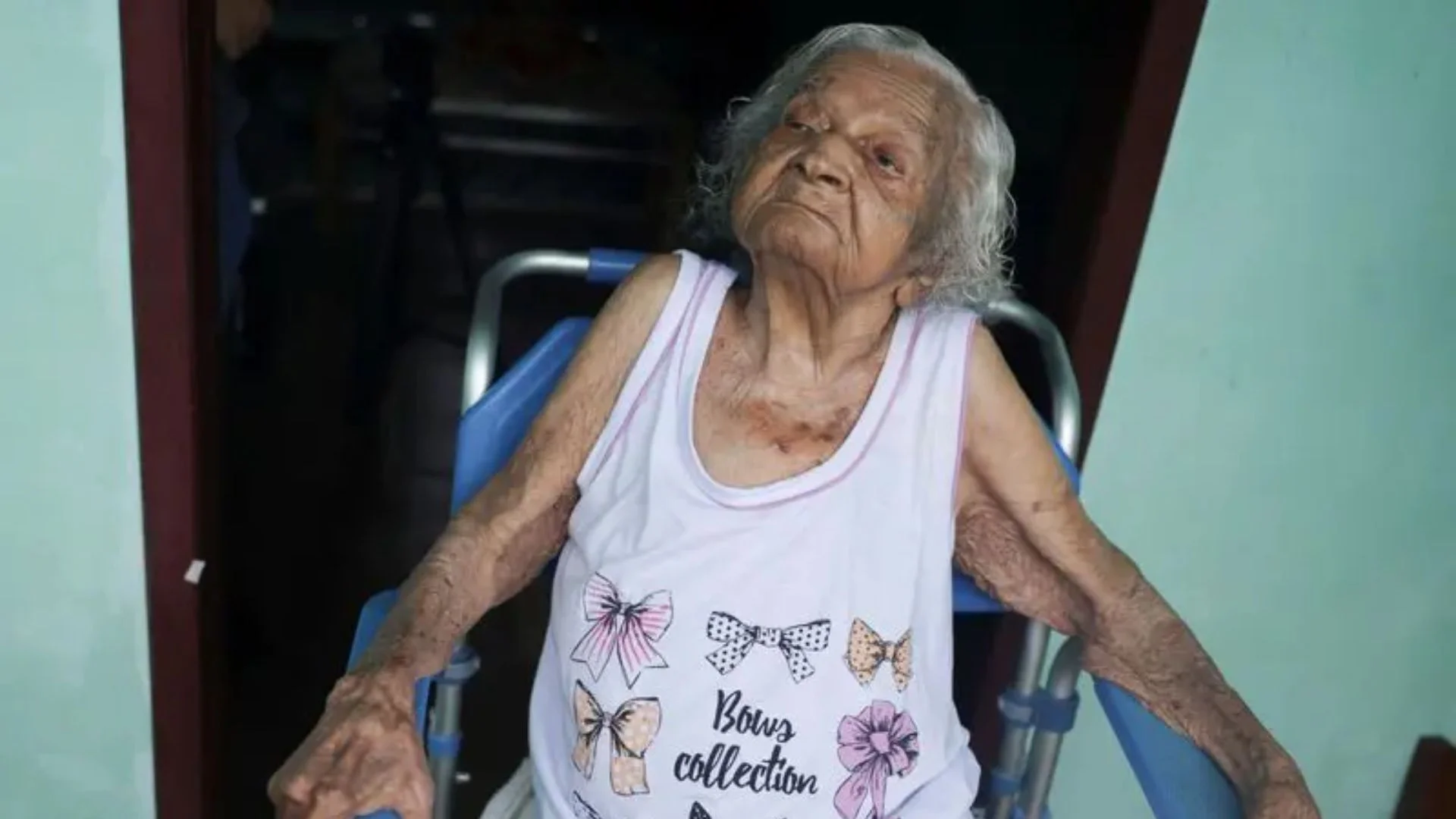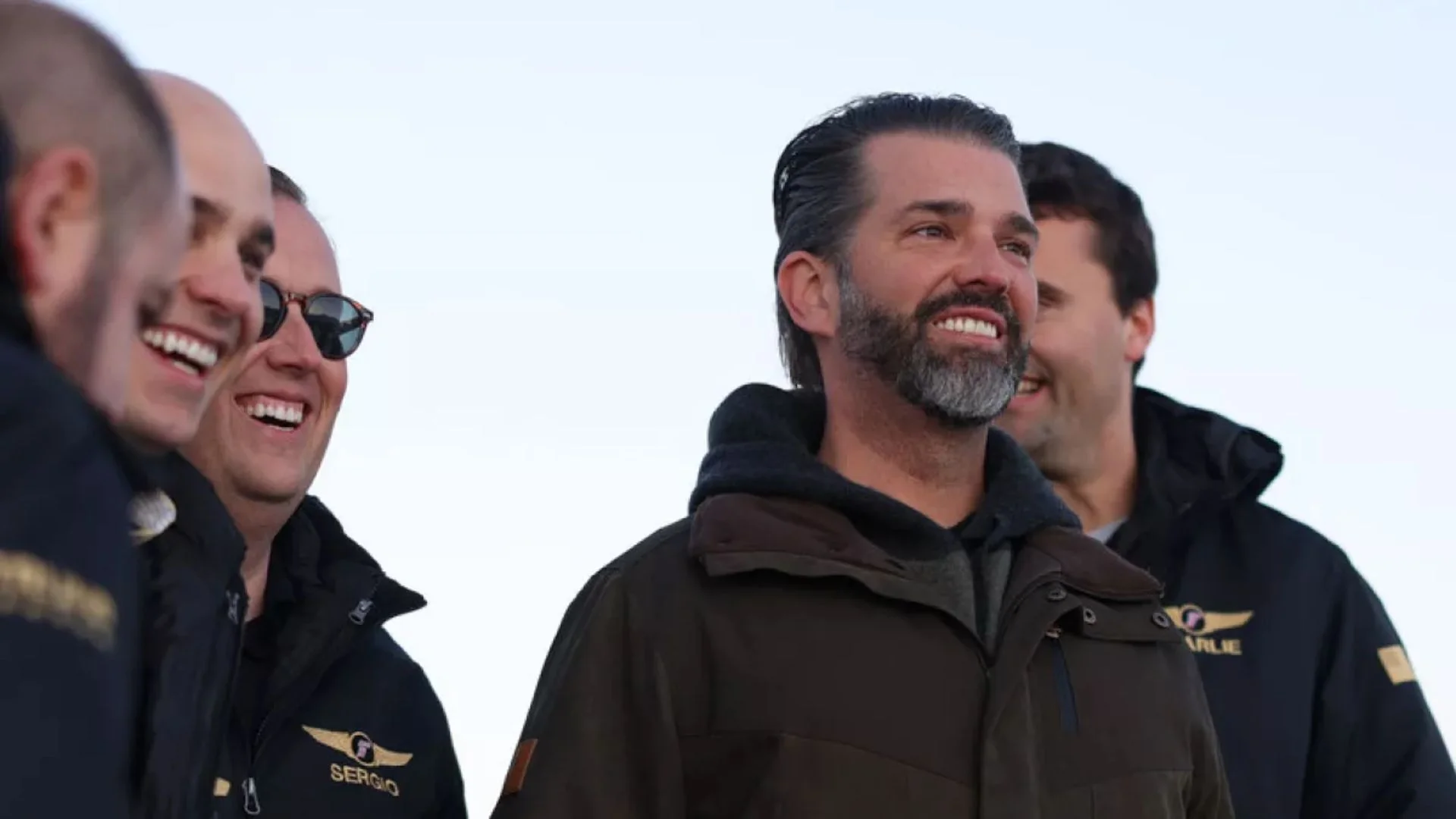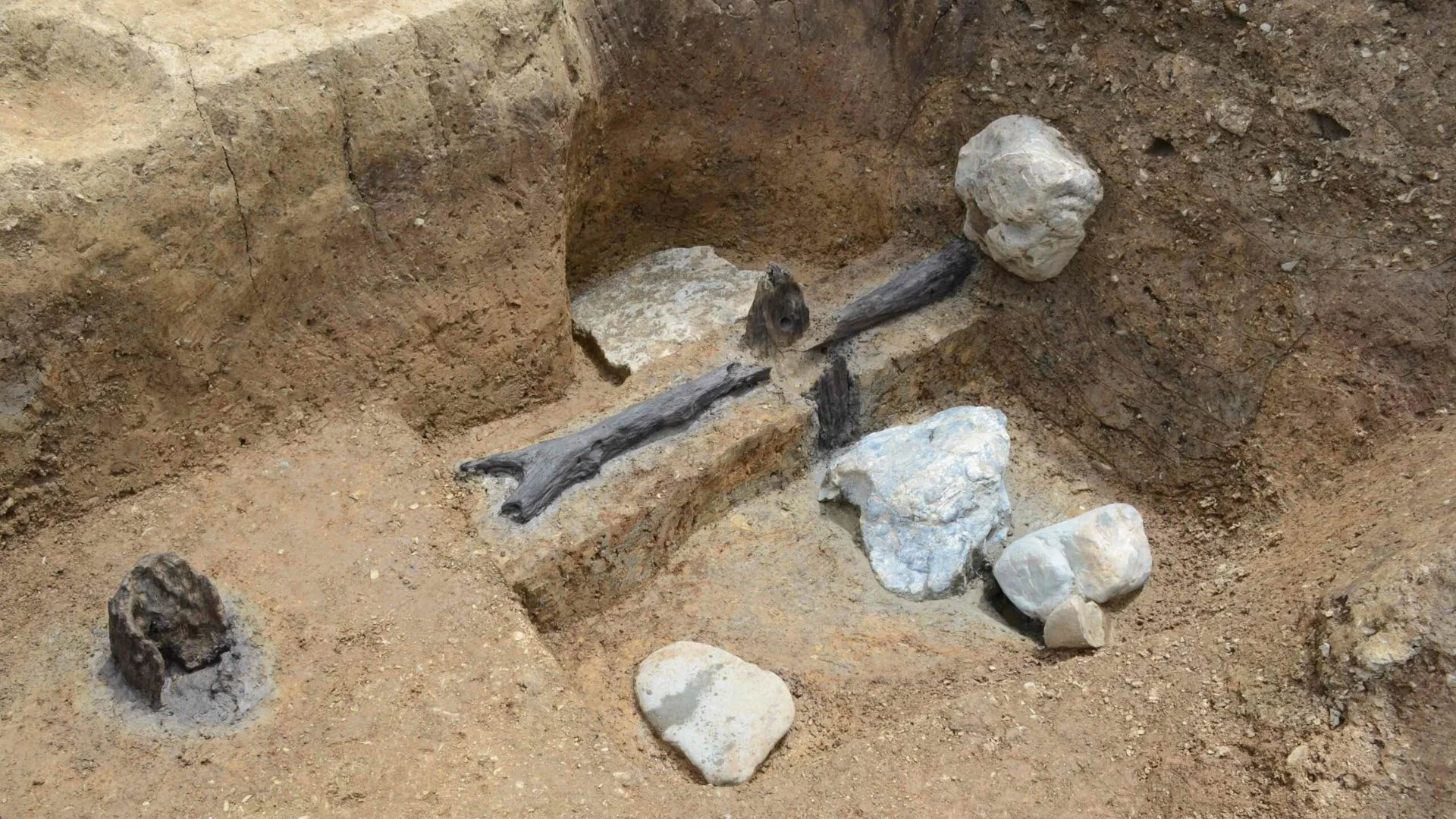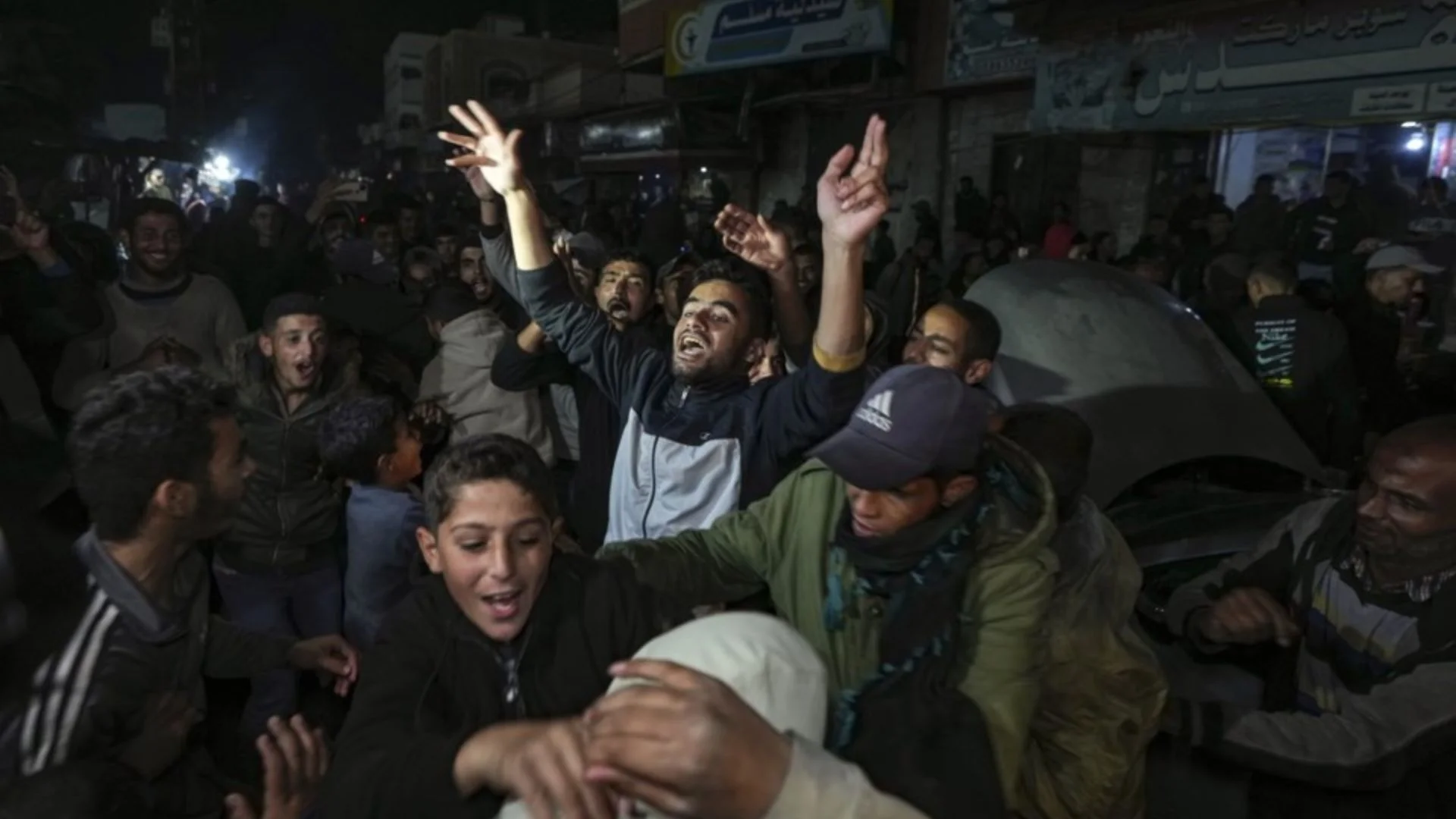The Supreme Court in the case Kerala Pravasi Association through its President Versus Union of India and Anr observed wherein the court was hearing the plea moved to constitute an independent expert committee for studying the efficacy of the Intra Dermal Rabies Vaccines, IDRV administered to Humans, asked the Additional Solicitor General and Standing Counsel of Kerala to file their response within four weeks expeditiously. Thus, the court termed this as the ‘serious issue’.
The bench comprising of Justice CT Ravikumar and Justice Rajesh Bindal in its order stated that while taking note of the seriousness of the issue involved, we request ASG and Standing Counsel of Kerala to get instructions and file a response expeditiously, at any rate, within a period of four weeks.
The bench comprising of Justice Ajay Rastogi and Justice CT Ravikumar in the case has issued the notice on 31.10,2022, which being pursuant to this, the matter was listed on July 06, 2023, wherein the State of Kerela was added as a respondent party.
The petition was moved by the Kerala Pravasi Association also seeks the constitution of an independent expert committee to study the effectiveness of the Rabies Veterinary Vaccine administered to dogs in India, given the rise in rabies cases.
Further, the petition has been moved by in the backdrop of several persons who were bitten by dogs, succumbing to rabies, despite post-exposure prophylaxis. ‘ it has been averred by the petitioner in the plea that these deaths have posed several questions regarding the treatment protocol and, more importantly, the efficacy of the vaccines.
The court issued the notice by the National Centre for Disease Control, manufacturing of Rabies vaccine for humans, being a complex process, needs a minimum of three to four months for manufacturing and testing.
It has also been revealed that there have been instances where the vaccine has reached the State within 14 days of manufacture.
The plea stated that the non-adherence to the requisite quality checks would be a direct violation of Article 14, Article 19, and Article 21 of the Constitution of India, apart from violations of provisions under the Drugs and Cosmetics Act, 1940 and Rules thereunder.
Further, the petition moved stated that there have been instances where the vaccine has reached the State within 14 days of manufacture.
It has also been submitted before the court that the rise in the number of rabies-infected dogs is also a matter of concern. Thus, this calls for an enquiry into the quality of anti-rabies vaccines administered to dogs. Thus, it being the case of petitioner that eliminating the risk of rabies at its source, i.e., dogs is the most effective measure to curtail the spread of rabies.
The petitioner in the plea prayed that for wide publicity and to ensure proper and uniform implementation of the National Guidelines for Rabies Prophylaxis, 2019, with appropriate revisions from time to time per the latest developments endorsed by WHO.

